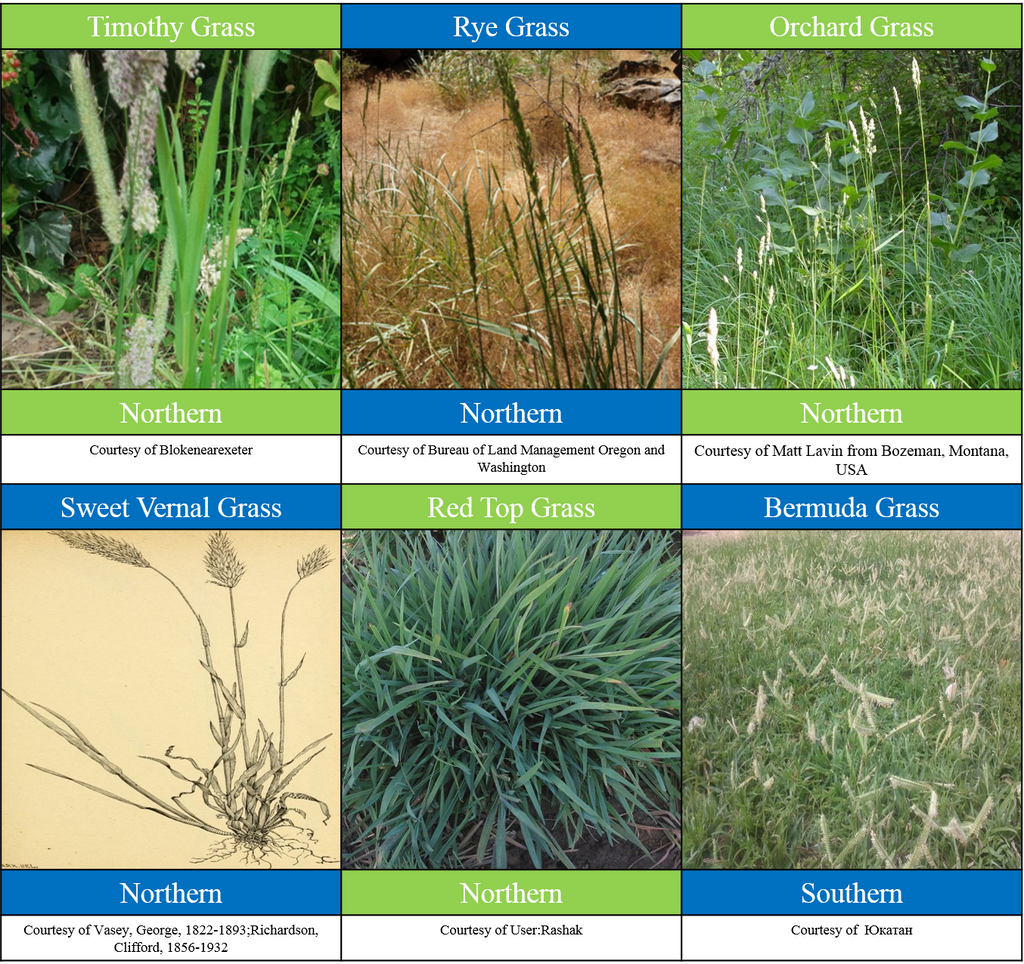
Allergy Sufferers Beware! Watch Out for These Grasses!
Share
Nothing screams summer like walking outside, feeling the warmth of the sun on your face, and taking in the pleasant smell of fresh cut grass…. Unless you’re an allergy sufferer! Then that’s the scent of your next sneezing fit coupled with itchy eyes.
Did you know grass allergies tend to be one of the most prevalent pollen allergies? Even though types differ from the Northern and Southern United States, they all can set off your immune system. With grass being just about everywhere, you might be concerned and ask, “What grasses do I look out for? What can I do about them?” With a little preparation, you will have less worry about grass allergies.
Symptoms of Grass Allergies
If grass sets off your symptoms, you’re probably suffering from hay fever, otherwise known as allergic rhinitis. On the bright side, your symptoms probably won’t be as severe as they would with tree pollen. Why? Grass pollen counts don’t get as high as other flowering plants in the springtime or even during the summer when they peak. To make up for it, grass tends to pollinate longer. For those affected this means milder symptoms for an increased duration.
More often than not, symptoms of grass allergies can affect the eyes by itchiness, watering, or swelling. If you are more sensitive to grass allergies, you may experience hives or itchiness when coming into contact. In the most dangerous (and rare) cases, some may react similarly to anaphylaxis.
Don’t let this scare you, though! Like previously stated, these allergies are more often mild and can thankfully be managed easily.
Grasses That Cause Allergies
Ben Franklin once said, “An ounce of prevention is worth a pound of cure.” The same can be said for seasonal allergies. If you’re an allergy sufferer, you should be on the lookout for grasses in two regions:

If you live near these grasses (seen above) – or even planted them in front of your house – you can probably expect a more frustrating, sneezy late spring and summer.
If your symptoms become too severe, you may want to consider reseeding your lawn. By seeding bunch grasses, like tall fescue, you will have more time with fewer symptoms since they only release pollen if they’re at least 12 inches tall. You can also consider using Irish moss or other “ground cover.”
Why Are Grass Allergies Everywhere?
So why are they so persistent? A large part of the issue is due to grass’s simply being everywhere. Most of us deal with grass daily.
Another component is due to the composition of grass and its pollen. Grass’s spores are microscopic as are the barbs that line the blades. Did you know, it only takes a small amount of contact to cause you and your skin to flare up?
The last reason grass allergies are so irritating to many people is because grass species cross-react. In short, that means if you’re allergic to one strain, you’re most likely allergic to them all. To make it worse, this translates to certain fruits and other foods. That’s why, possibly, your throat itches slightly when eating an apple.
4 Steps to Take to Prevent Grass Allergies
Many of the tips to prevent grass allergies are like those that combat spring allergies, like showering at night and closing your windows. Here are some steps you can take, now!
- Keep Your Lawn Short.
- This may be one of the most obvious tips, but it’s true. By keeping your lawn short, it won’t have the chance to release pollen and upset your system. As an added bonus, it keeps your yard looking great.
- Wear Appropriate Clothes.
- During the late spring and summer months when grass pollen counts are high, it is best to avoid contact with them. That doesn’t mean shutting yourself away doomed to miss the warm weather. It just means wearing long, but cool clothing so it doesn’t get on your skin.
- Wash Your Clothes.
- Speaking of what you should wear, wash your clothing often to make sure pollen doesn’t stick around. And if you like to line-dry, consider bringing those indoors at least during peak hours.
- Wear a Mask.
- You might want to use a protective mask to avoid breathing in pollen. This can be helpful when you are outside for extended periods of time, especially when working. Lawn mowers are known to kick up pollen dust.
Grass allergies are, more often than not, milder than other allergies and with these tips you can keep them in check even better. Now go get out there and enjoy some fresh air and sunshine!
